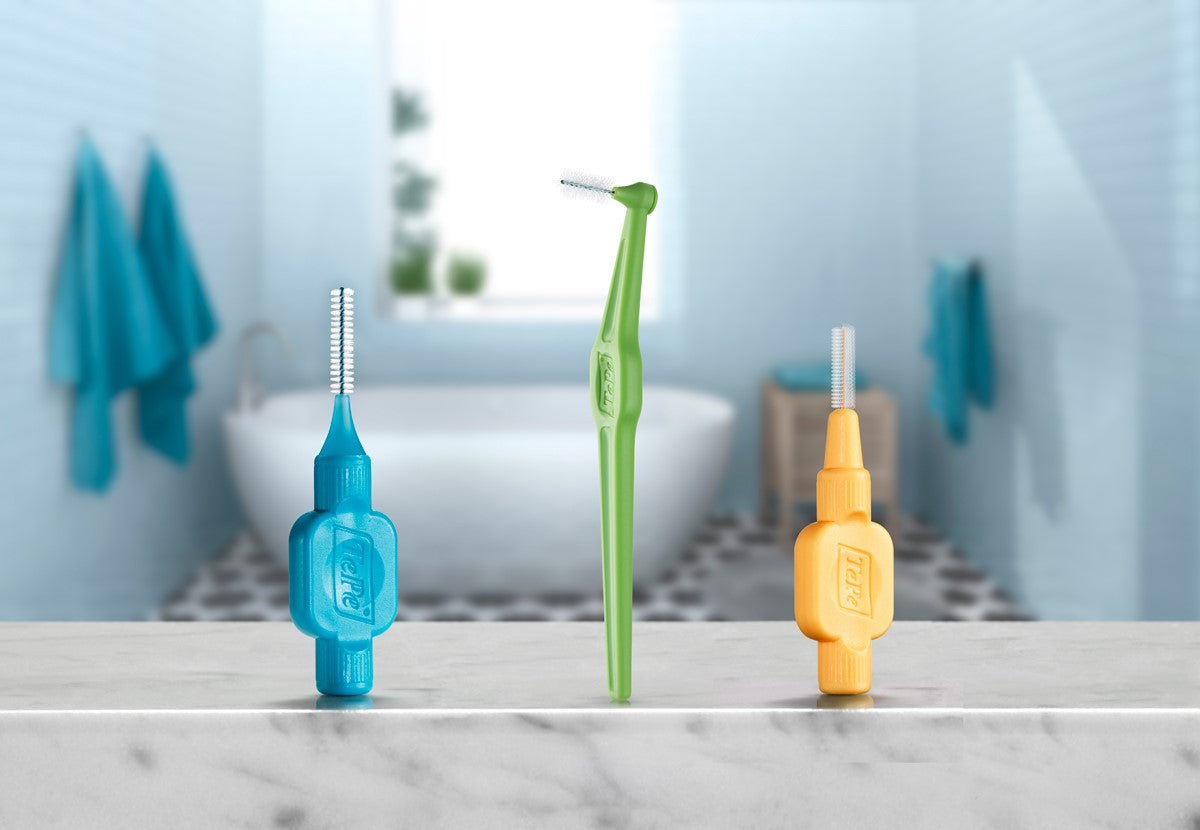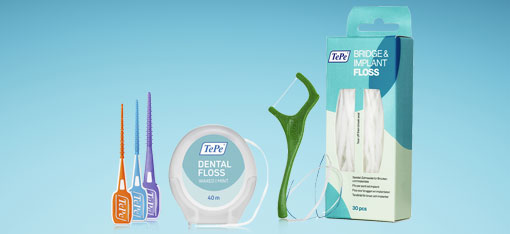Causes & Symptoms of Bone Loss in the Mouth
Teeth are supported by the jawbone. Natural teeth and dental implants are embedded in the jawbone and stimulate the jawbone through activities such as chewing and biting. Without this stimulation the bone will break down or resorb. Jawbone loss is often gradual, and many people miss the early signs. X-rays (radiographs) can assist with diagnosing.
When you lose bone, it can change your appearance and impact your quality of life. Typical signs and symptoms related to bone loss include:
- Difficulty eating and/or speaking.
- Premature wrinkling around your mouth and a thinning of your lips
- Appear older than your actual age
- It seems like your mouth collapses into your face
- Dentures no longer fit comfortably
- Teeth are shifting or moving
- Loss of confidence
- Pain and discomfort

Early causes of jawbone loss are often associated with missing teeth or advanced gum disease. Here are some common reasons that cause bone loss around teeth.
- Tooth Loss and Extractions: Any time a tooth is removed either from extraction or trauma, there is no stimulation to the jawbone. This causes the bone to start to break done, and eventually there is bone loss.
- Gum Disease: The bacteria in your mouth, along with your immune response, will gradually break down the underlying jawbone that connects the tooth or implant to the bone.
- Poor Alignment: When teeth are out of alignment, there may be abnormal pressure from biting and chewing which can cause a loss in stimulus to the bone, causing the bone to resorb.
- Congenital Deformities: When someone is born without teeth or missing parts of their jawbone, this accelerates bone loss.
- Health Conditions: Osteomyelitis is a bacterial infection in the jaw that can lead to jawbone loss. Benign and malignant tumors can grow on the jawbone, and these often need to be removed.
- Traditional Dentures: These sit on top of the gumline, and there is no stimulation to the bone. This causes the bone to resorb, and the dentures often need to be refitted periodically.
It is important to regularly visit your dental professional for exams to evaluate your bone levels. This will ensure you have a healthy foundation for your teeth.











Leave a comment